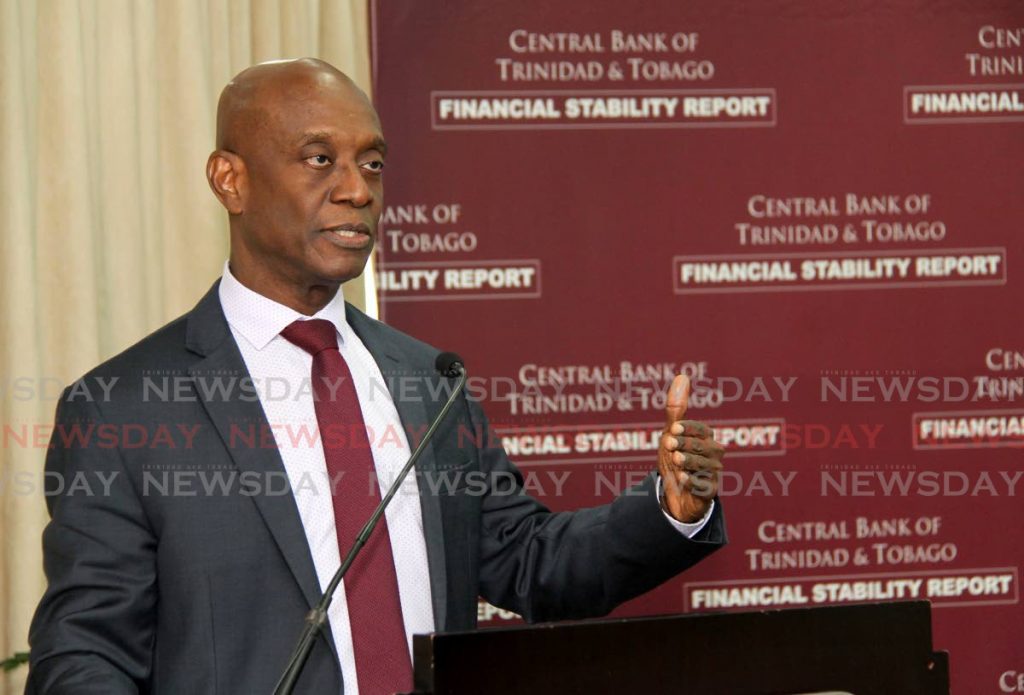Central Bank Governor surprised at number of ‘sou-sous’ in TT

CENTRAL BANK GOVERNOR Dr Alvin Hilaire admitted that the Central Bank was not aware that so many people were resorting to so-called ‘sou-sou’ arrangements. He was referring to the popularity of what are in fact pyramid or Ponzi schemes.
At the Central Bank’s Financial Stability Report media conference, held virtually on Thursday, Hilaire said the Central Bank would usually keep its ear close to the ground, but was surprised that there were so many people involved in what he described as “potentially difficult schemes.”
“It does mean that we have to up our game in the area of financial education and I will have to talk to our ombudsman about that.”
He suggested three questions that people should ask themselves when entering such arrangements outside the formal banking sector, which would leave them better equipped to decide whether or not to participate, and to what degree.
“The first thing you should ask is, can I afford to lose this money?”
He explained that before joining, people would have to look at their financial situation. He said they should be aware that if they are entering into a financial arrangement that has a high profit, there would be a high risk of losing everything.
The second question, Hilaire said, is how are the operators making this money?
“Exactly what are they doing to come up with that? I think that’s relevant, because you look at your own circumstances and you say, 'Well, for me to make this $5,000, how many maxi trips did I have to make to scrape together this money? How many stores did I have to paint or clean to make this money?' Or, 'How much overtime did I have to clock in to make this money?'”
Thirdly, he said people should ask themselves if there was any recourse should they lose the money they invested.
“If something goes wrong, can I go to Central Bank, the Securities and Exchange Commission? Can I go to the financial services ombudsman – which you can do with official banking institutions – does it have insurance? The bank has up to $125,000 in deposit insurance.
"Ask yourselves these questions squarely and you would be in a better position.”
Since the spread of covid19 has limited finances on several fronts, people have been resorting to “investing” their money with mixed results.
Last week, police searched a La Horquetta house and seized about $22 million in cash.
Hilaire said the recent rise in popularity of the arrangements suggests there is a level of anxiety among citizens for a quick gain.
“It suggests that people are not asking themselves these questions. They may ask and say, 'I still want to do it.' But they were informed and they would have something that they otherwise would not have.”
Asked to comment on rising household debt in the context of the closure of Petrotrin, covid19, and now the number of pyramid and Ponzi schemes proliferating, Hilaire said he did not have the latest figures, although the Financial Stability Report 2019 suggested it was on the rise – which grew by about ten per cent of GDP since 2010. He surmised that since then, household debt had increased.
“Many households could not be able to work or have as much overtime or their working hours may be compromised. To that extent they may find themselves being stretched. To the extent that they may have a base of high debt, that would make their situation more fragile.”

Comments
"Central Bank Governor surprised at number of ‘sou-sous’ in TT"